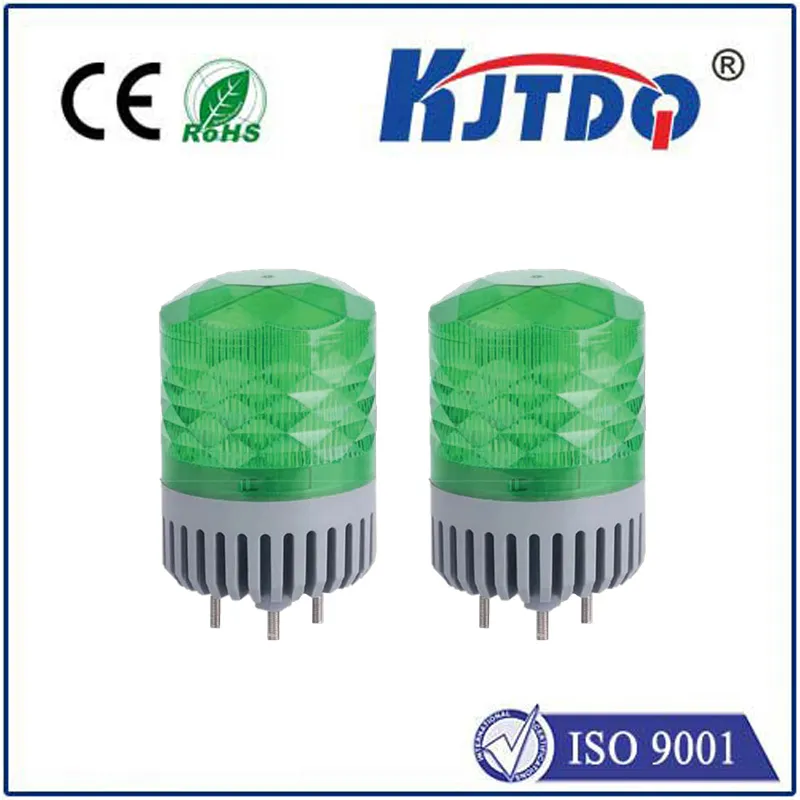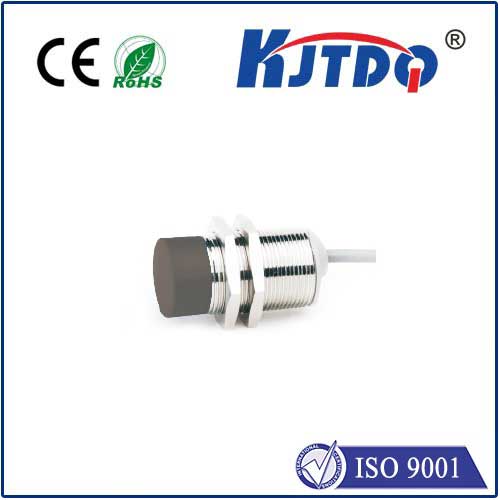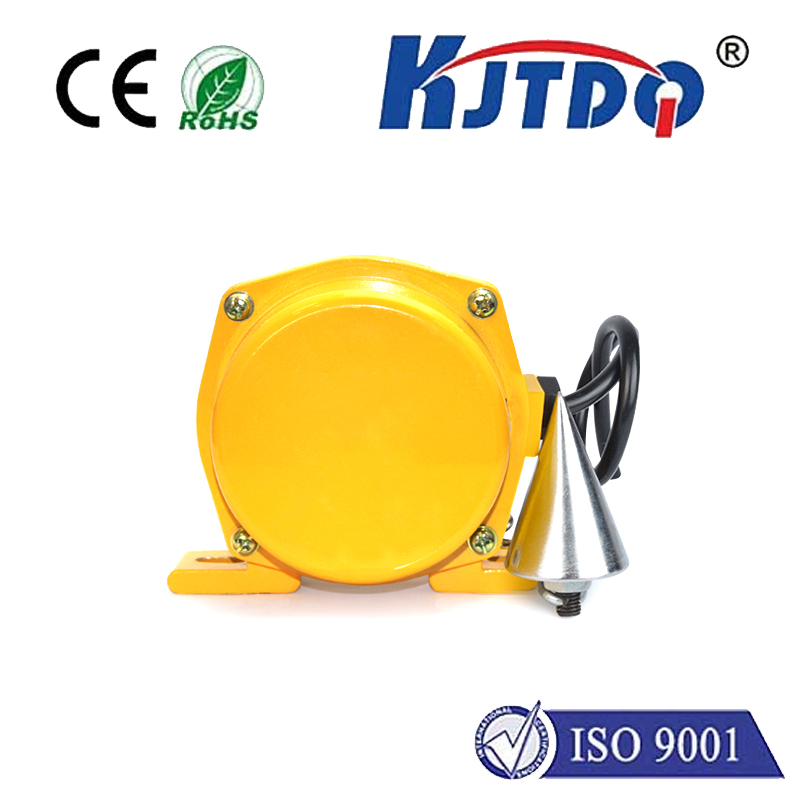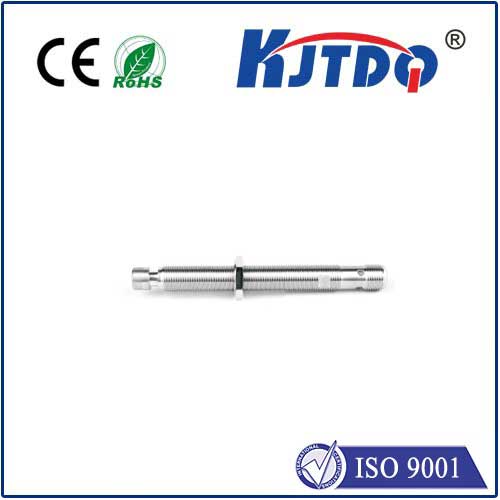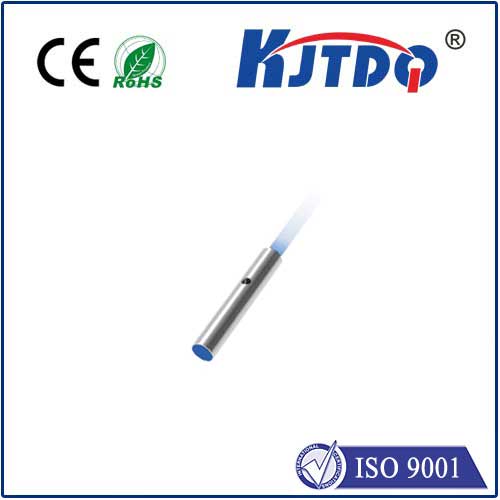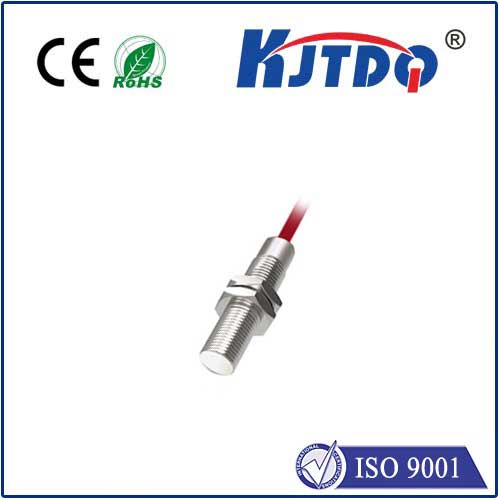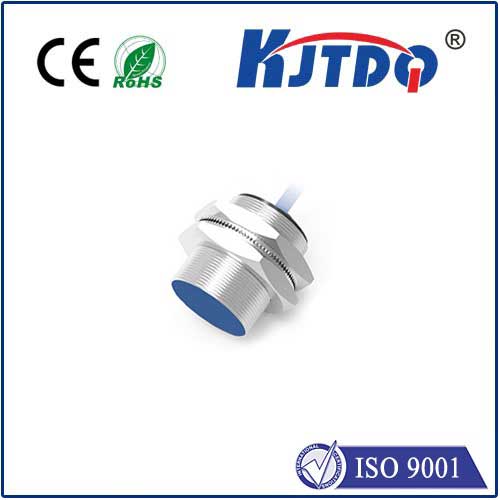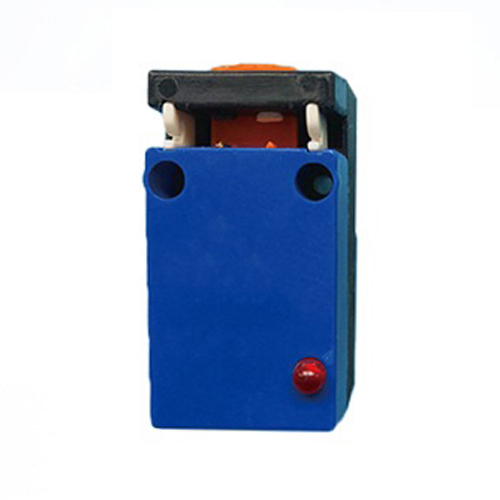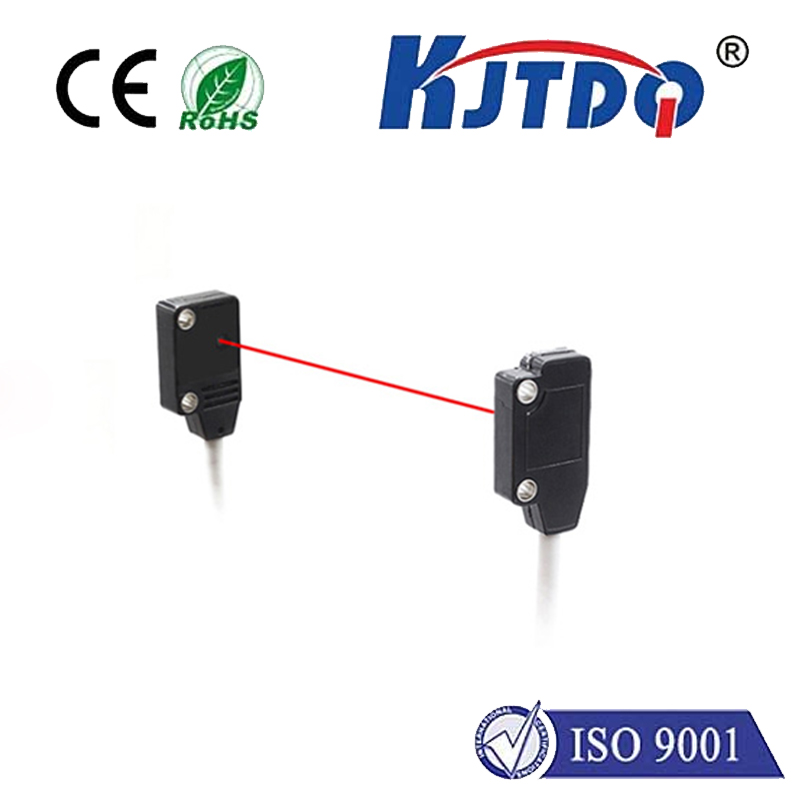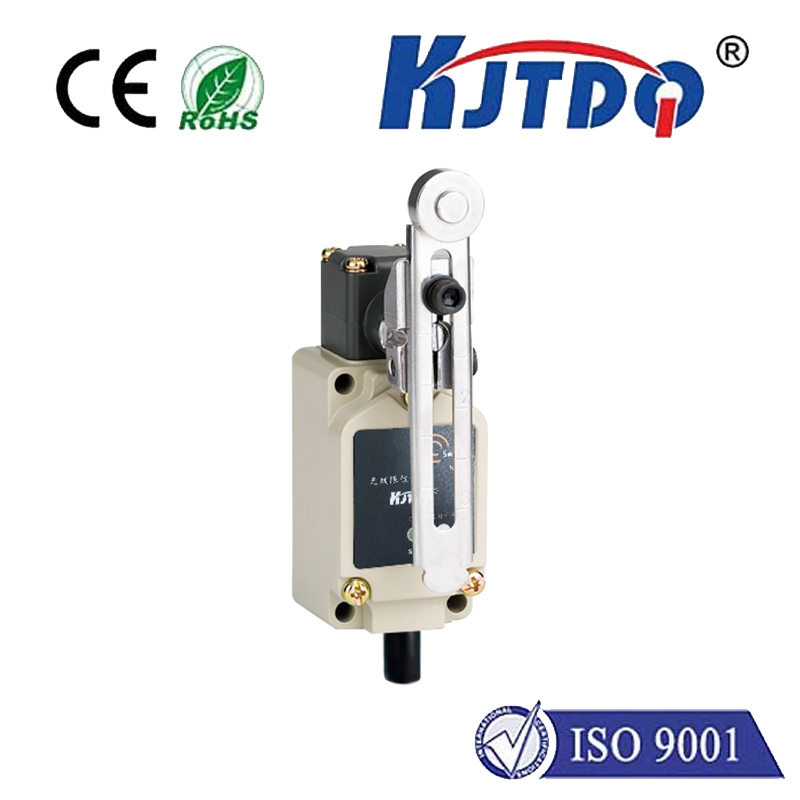









check
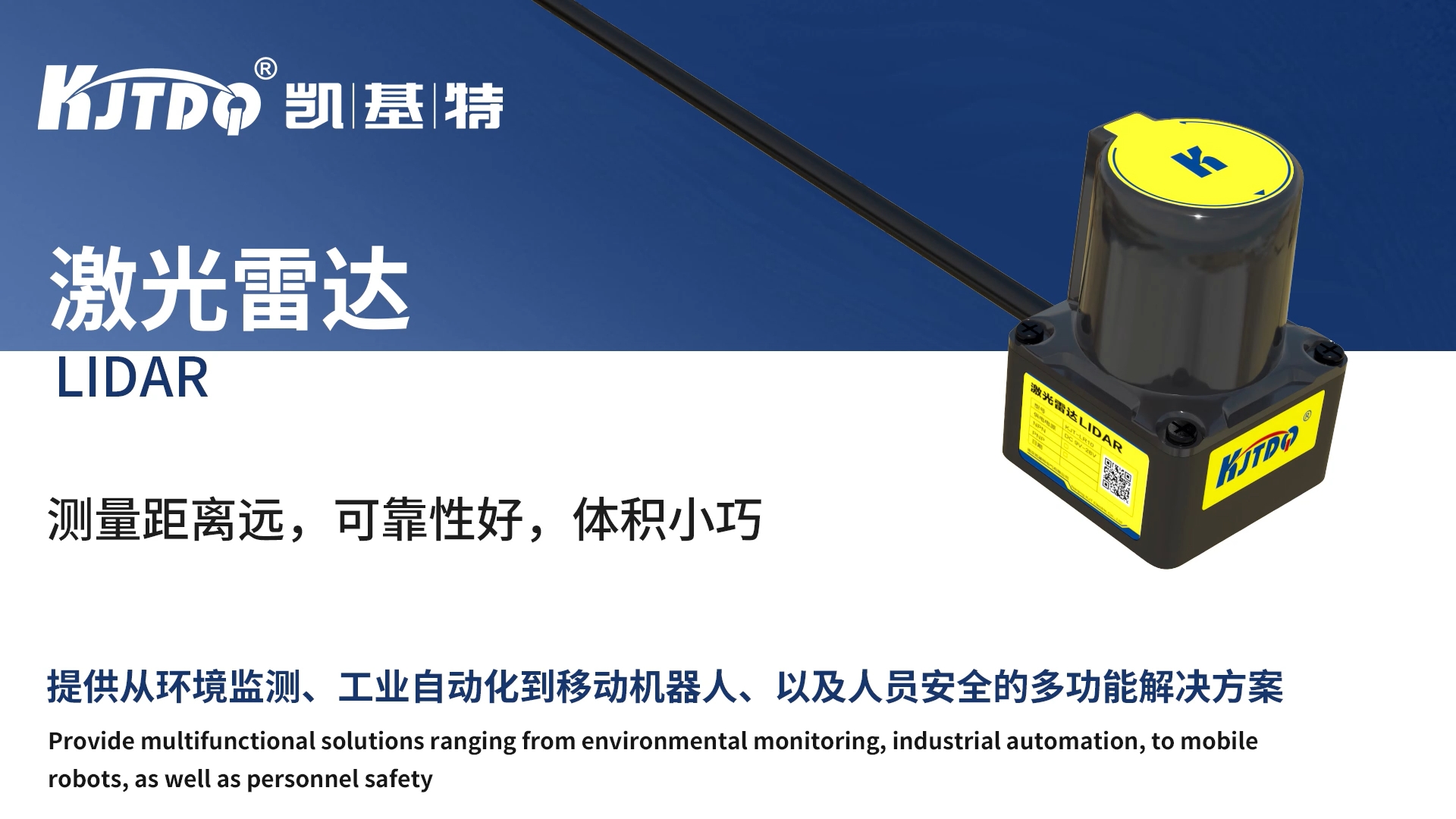
check

check
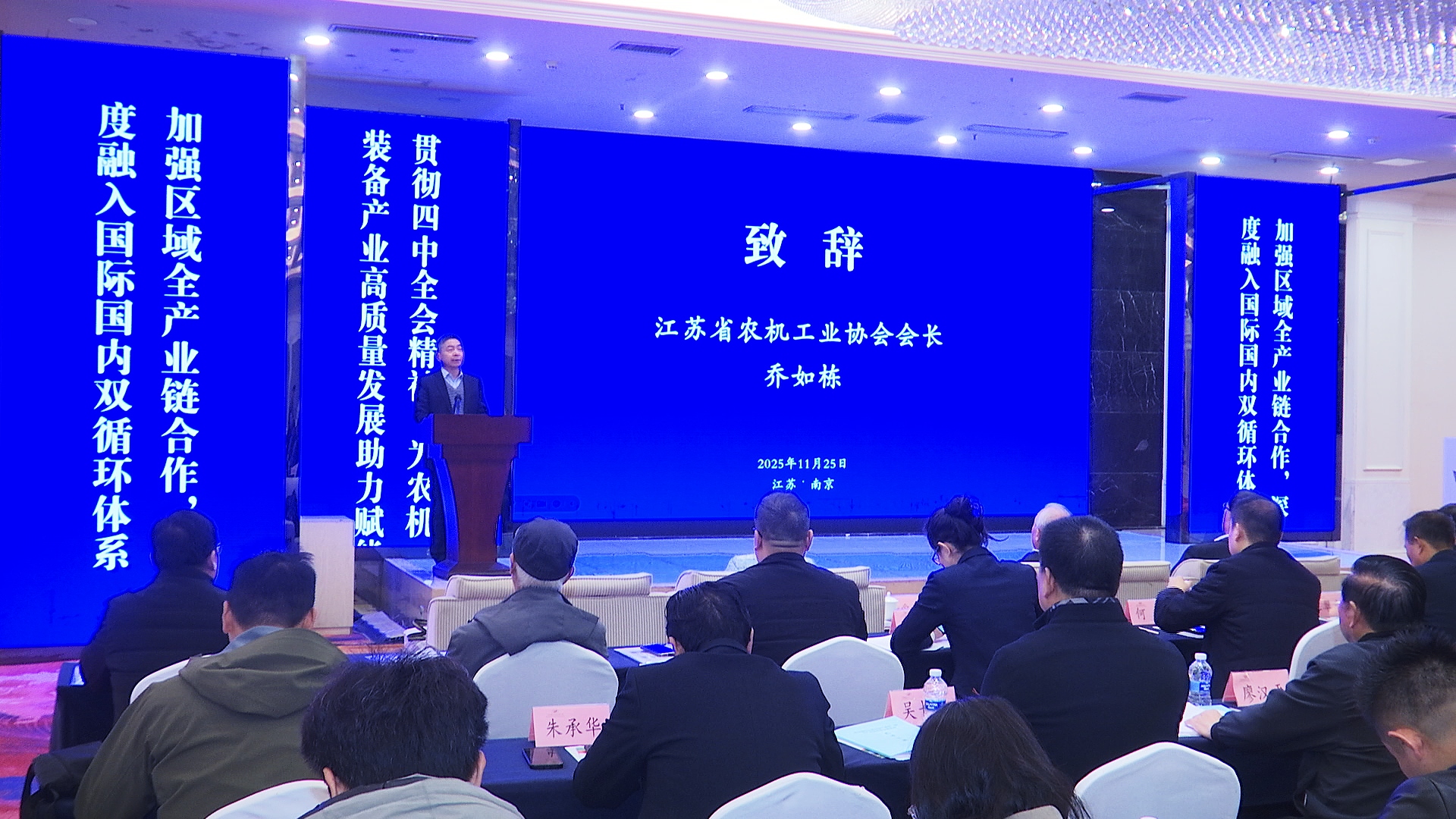
check

check

check

check

check
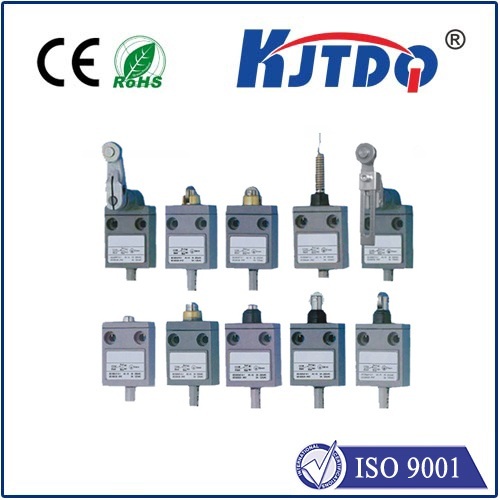
check
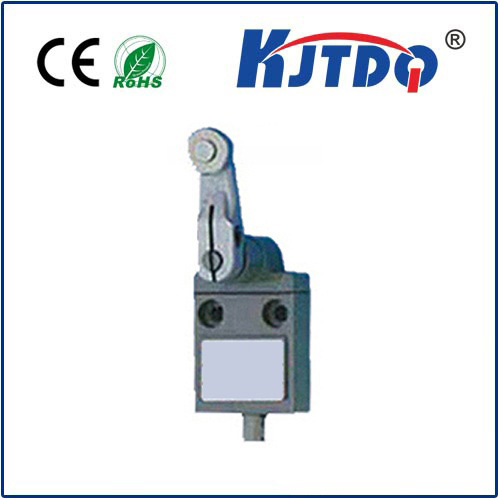
check
Ultrasonic sensors are widely used in fields such as level detection, flow measurement, and distance measurement. They are widely favored because of their wide measurement range, unaffected by material composition, and long service life. But every technology has its advantages and limitations, and ultrasonic sensors are no exception. When using ultrasonic sensors, the following factors will affect their performance.
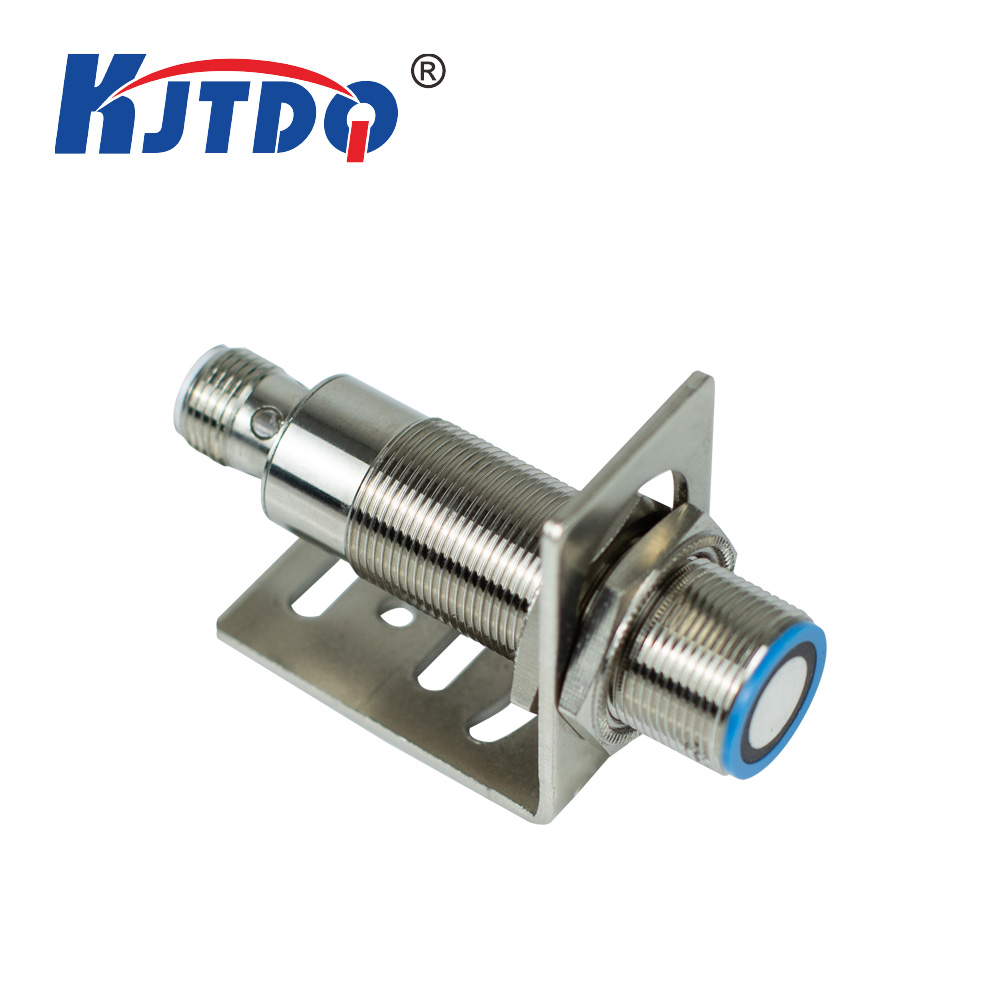
Air turbulence - Strong air turbulence can negatively affect sound wave propagation and therefore affect measurement results. Sources of air turbulence include wind, compressed air, and cooling fans. To minimize the effects of turbulence, physical shielding needs to be provided around the sensor and at the measurement distance.
Target material and surface properties - Sound-absorbing materials and materials whose surfaces reflect sound are difficult to detect with diffuse reflection ultrasonic sensors and are more suitable for detection with specular reflection ultrasonic sensors.
Target Speed - Diffuse ultrasonic sensors typically switch at 10Hz or less and are therefore not suitable for high speed applications.
Object size - The object size must meet the minimum requirements for reliable detection. The smaller the target, the smaller the detection distance of the ultrasonic sensor needs to be to ensure reliable detection.
Target Orientation - For diffuse ultrasonic sensor applications, the sensor face should be parallel to the target. For targets with flat surfaces, a deflection angle of up to 4° is allowed.
Dirty surfaces - The ultrasonic sensor's sensor can remove small amounts of dust and moisture through vibration, but large amounts of dust and moisture can result in poor detection performance.
Crosstalk - Mounting ultrasonic sensors too close together can cause crosstalk. The minimum installation intervals specified in the installation instructions should be observed.
Fortunately, however, the performance of an ultrasonic sensor is not affected by temperature, air pressure, and humidity because it has built-in temperature compensation. Therefore, no matter how the ambient temperature changes, the ultrasonic sensor can work stably and ensure accurate measurement.
Overall, an excellent ultrasonic sensor should not only be able to measure quickly and accurately, but also should have strong anti-interference performance. When we choose an ultrasonic sensor, we should consider the working environment it faces and provide it with the necessary protection measures to ensure its good working effect.
